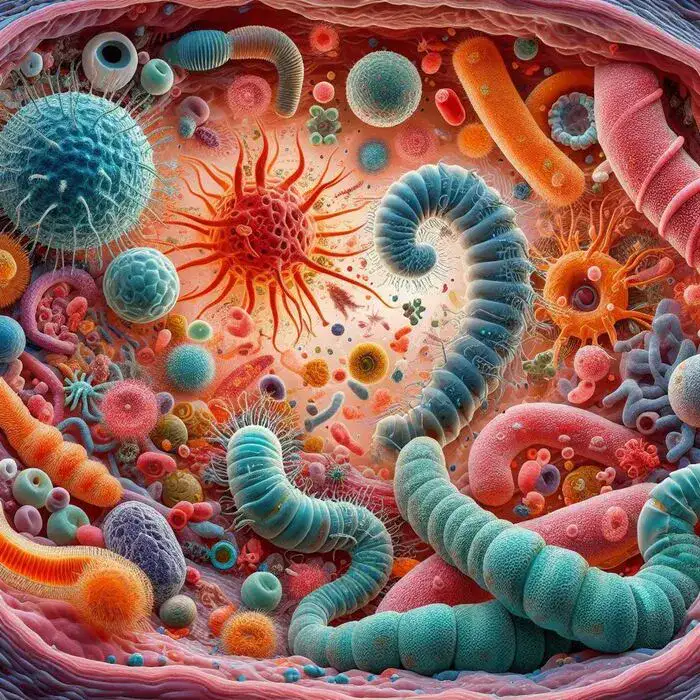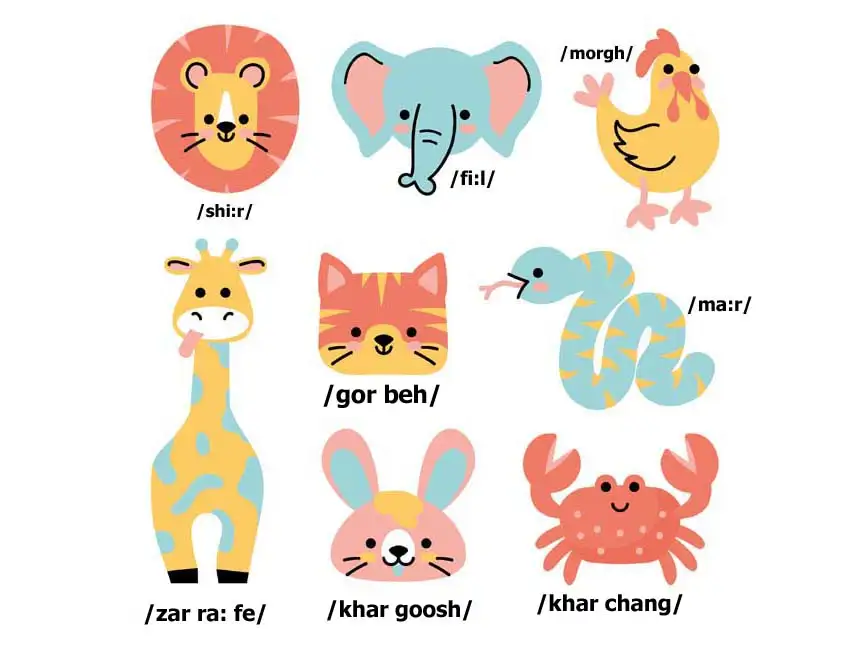Parasite definition and meaning in context with images /ˈpær.ə.saɪt/ (noun) Definition of parasite an animal or plant that lives inside or on another animal or plant as the host organism and feeds from them, pest, flea, bloodsucker, bug, louse, insect a useless person who exploits other people without doing anything in return, scrounger, leech, sponge, sponger Video of parasite https://www.youtube.com/watch?v=nTgIHRNAyZw Parasite in context Parasites are organisms that live on or inside another organism, known as the host, and derive nourishment from it. This relationship often harms the host, though it may not always kill it. Parasitism is a widespread phenomenon ...
Home » English Vocabulary in Context » Parasite Definition & Meaning in Context with Images

Parasite Definition & Meaning in Context with Images
Updated: by Dr. Mohammad Hossein Hariri Asl
Time to Read: 3 minutes | 268 Views | No Comments on Parasite Definition & Meaning in Context with Images
Share This Post
About the Author
Dr. Mohammad Hossein Hariri Asl is an English and Persian instructor, educator, researcher, inventor, published author, blogger, SEO expert, website developer, entrepreneur, and the creator of LELB Society. He's got a PhD in TEFL (Teaching English as a Foreign Language).
Number of Posts: 4242


